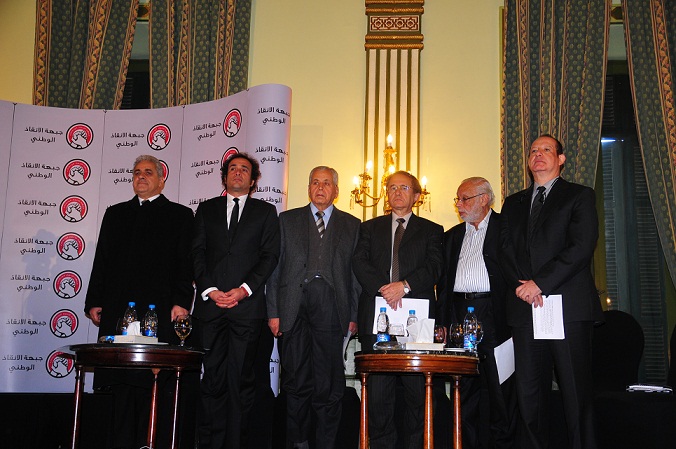UMM-AL-FAHM, Israel: Last August, the Israeli Minister of Education, Gideon Sa’ar, presented to the government his program entitled “The Israeli government believes in education . The program aims to fulfill two basic goals: enhancing the values that guide education and improving its results in international assessment examinations.
With regard to the values, the program aims to enhance “education for Zionist, Jewish, democratic and social values , and this includes deepening identification with Jerusalem as the capital of “Israel and the Jewish people ; encouraging army recruitment and “civil-national service ; developing a new study subject-matter about Judaism and Zionism; and activating a program on the national anthem. The program does not include anything about Arab students and their national and cultural particularity; this is a complete denial of their presence and their need to learn about their history and heritage.
That denial and the strong emphasis on the Zionist and Jewish identity coincide well with the state of ethnic obsession that Israel has recently been going through with unusual fervor in what seems to be an official adoption of the extreme right s rhetoric. The program is also in tune with anti-Arab legislative acts, including a draft law that bans and criminalizes the marking of Israel’s Independence Day (the day the state of Israel was established) as a day of mourning, as well as the draft law to impose the study of the history of the land of Israel and Zionism, including in Arab schools. This denial is a translation on the ground of the Palestinians’ usurped right to cultural liberty, through which they would be able to exercise the right to education, not only at the level of attainability but also at the level of influencing educational policies and curricular content, especially identity-building subjects, such as history, geography and literature.
Indeed, it might be acceptable for the State of Israel to employ, just like other countries, the tool of education towards entrenching the political legitimacy of the state. It might also be acceptable, for instance, to teach Jewish students in a way that helps produce a collective identity through which the Jewish student can see the State of Israel as the outcome of previously exerted efforts leading to the Jewish people’s exercise of the right to self-determination. Having said that, it is not acceptable, and it is unfair, for the state to oblige Palestinian students to deny their own historical narrative. The whole matter seems to be a flagrant act of oppression, when the state insists on dominating the historical consciousness of Palestinian students and attempts to mould their identity in such a way as to suit the plan for “Israelizing them. To “Israelize their collective identity and memory means creating a social cognition or a public mind in which Palestinians accept their inferiority within Israel i society and adopt the Zionist discourse when explaining the reasons and consequences of their Nakba (catastrophe) and considering their future visions and struggles.
There is also a problem regarding teaching the history of Jews to the Palestinians, as the official curriculum renders a homogeneous version of the history of the Jewish people that marginalizes Jewish voices and groups outside the Zionist canon. Jewish history is being reduced to a history of Zionism. Here, there is a need for Palestinian students to study the history of Jewish cultural, political and religious pluralism. At the same time, there is a need for the Palestinians to study the history of the Jewish people and the Zionist movement from a critical, Palestinian point of view that is detached from what Zionism narrates of itself to achieve inner reconciliation and congruency. What is at stake is the ability to claim responsibility not only for one s own narrative, but also for the other s, by helping the other recognize and acknowledge the plurality of narratives within Israel. A critical perspective on the history of Zionism is much needed for both Palestinian and Jewish students, as it would induce mutual recognition and liberation from the ghosts of the past.
Dr. Ayman K. Agbarialectures at Haifa University on education policy. He is also a senior advisor for the Arab Follow Up Committee on Arab Education and “Dirasat , the Arab Centre for Law and Policy. This article is part of a special series on nationalism in the Israeli educational system and was written for the Common Ground News Service (CGNews).
